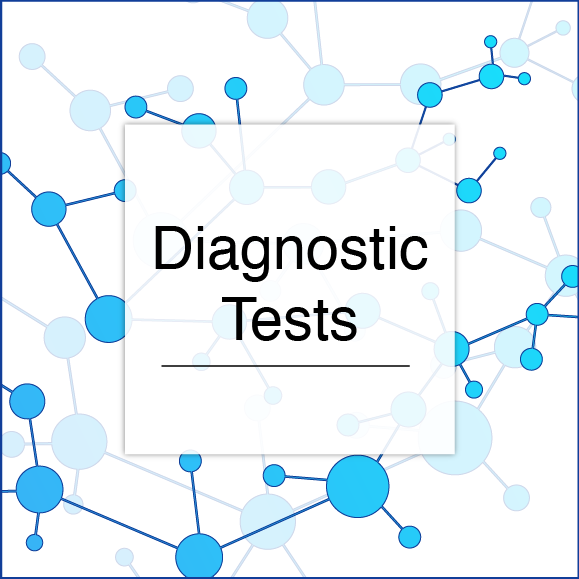
Detection of Allergen:
Allergy can be briefly defined as overreaction of the immune system to environmental factors which are normally considered to be harmless to most people. Allergy tests can assist in detection of the circumstance or factor that triggers reaction, thus rendering a diagnosis possible and enabling configuration of treatment. Under this section, you will find general information on advanced tests performed for this purpose at our clinic.
Skin Tests:
Which suspected factor(s) an allergy test will focus on is determined after consulting your physician.
Tests utilize standardized solutions prepared from allergens which are produced by internationally recognized and acknowledged laboratories under supervision of health organizations. Domestic dust mites, pollens, roaches, mold, pet hair, dander, nutritional allergens, latex, bee venom and drug allergens are some of the solutions commonly employed in these tests in our country. Usually the inner aspect of forearm or skin of the upper back -though less seldom preferred at times when the number of tests is high- are preferred for testing. In order to find out how skin reacts to allergens, a prick test may also be performed using a histaminic solution known as positive control and also a negative control, which is a non-allergenic solution. Tests do not require fasting, yet some anti-allergenic drugs and specific medication need to be skipped prior to an allergy test to avoid misleading results. You may contact our physicians through the phone numbers provided on our website to learn more about this caveat.
Skin tests are highly preferable due to their short term of application, reliability and rapid results. They are evaluated by your physician after approximately 20 minutes, and depending on results obtained, advanced diagnostic studies and treatment options can be adopted. Allergy tests may cause temporary rashes and itching on the area of application, but one can easily return to their daily routine afterwards.
Blood Tests:
Provocation Tests:
These tests are performed to clarify if a specific allergen is causing reported complaints in special cases. An experienced team of medical specialists closely monitor the patient upon applying the allergen in far less quantities than is required to induce reaction. Bronchial provocation tests are performed to identify hypersensitivity of the bronchi. Food or drug provocation tests are also performed orally. Drug provocation tests are particularly commonly practiced at hospitals for the purpose of determining alternatives in case of drug allergy.